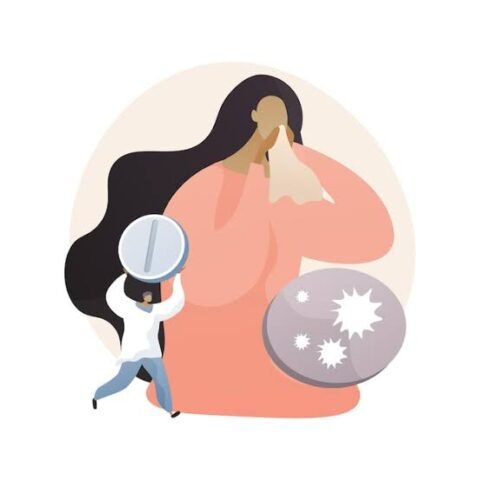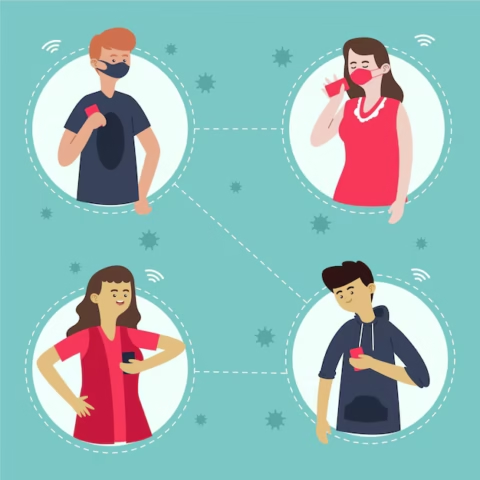Positive Psychology- Master 10 Definitions, Key Assumptions & 7 Goals of Positive Psychology
Introduction Positive psychology is a burgeoning field within psychology that focuses on the study of human strengths, virtues, and optimal functioning. Founded by pioneers like Martin Seligman and Mihaly Csikszentmihalyi,



